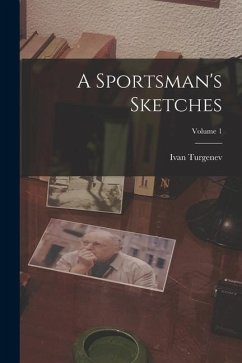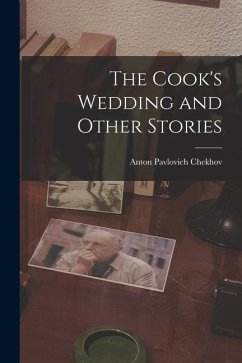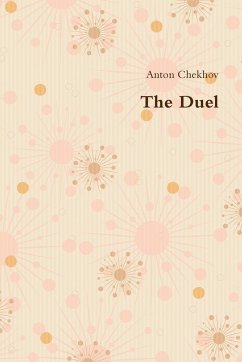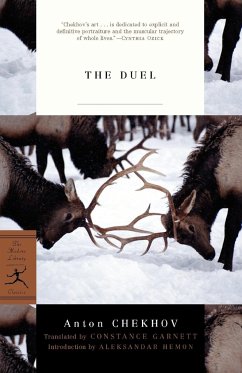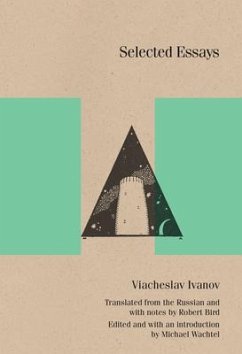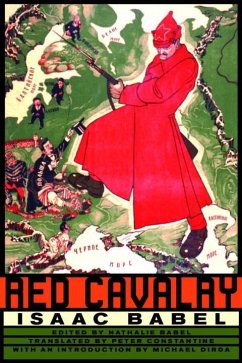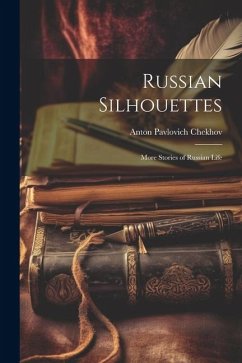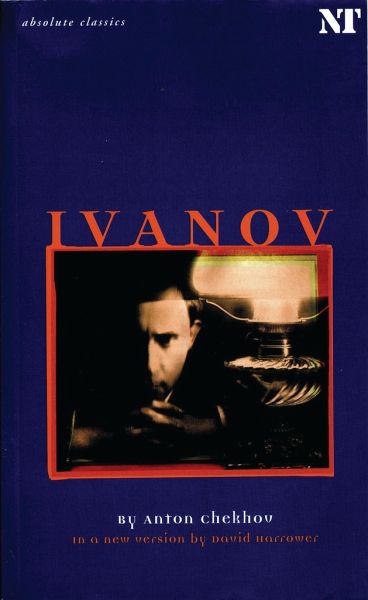
Ivanov (Revised)
Versandkostenfrei!
Versandfertig in 1-2 Wochen
16,99 €
inkl. MwSt.
Weitere Ausgaben:

PAYBACK Punkte
8 °P sammeln!
Ivanov, a driving force in local government and a visionary landowner, feels burnt out at thirty-five. Once the pioneer of scientific farming methods and of education for the peasants, he now drowns in bureaucracy and debt, his large estate neglected. While his wife is dying, Sasha, a young, educated woman, falls in love with Ivanov and determines to save him. Set in a country suffering from political, ideological and spiritual stagnation, Chekhov's first full-length play anticipates the explosive revolutionary atmosphere of Russia at the turn of the century. Ivanov was performed at the Nation...
Ivanov, a driving force in local government and a visionary landowner, feels burnt out at thirty-five. Once the pioneer of scientific farming methods and of education for the peasants, he now drowns in bureaucracy and debt, his large estate neglected. While his wife is dying, Sasha, a young, educated woman, falls in love with Ivanov and determines to save him. Set in a country suffering from political, ideological and spiritual stagnation, Chekhov's first full-length play anticipates the explosive revolutionary atmosphere of Russia at the turn of the century. Ivanov was performed at the National Theatre (Cottesloe) in September 2002.







